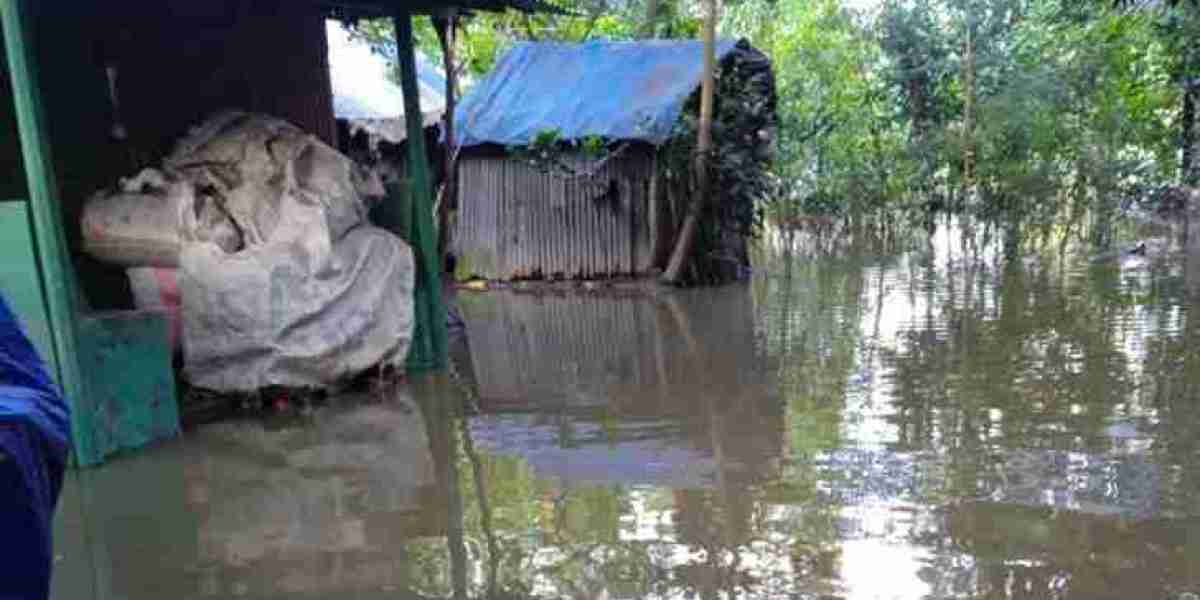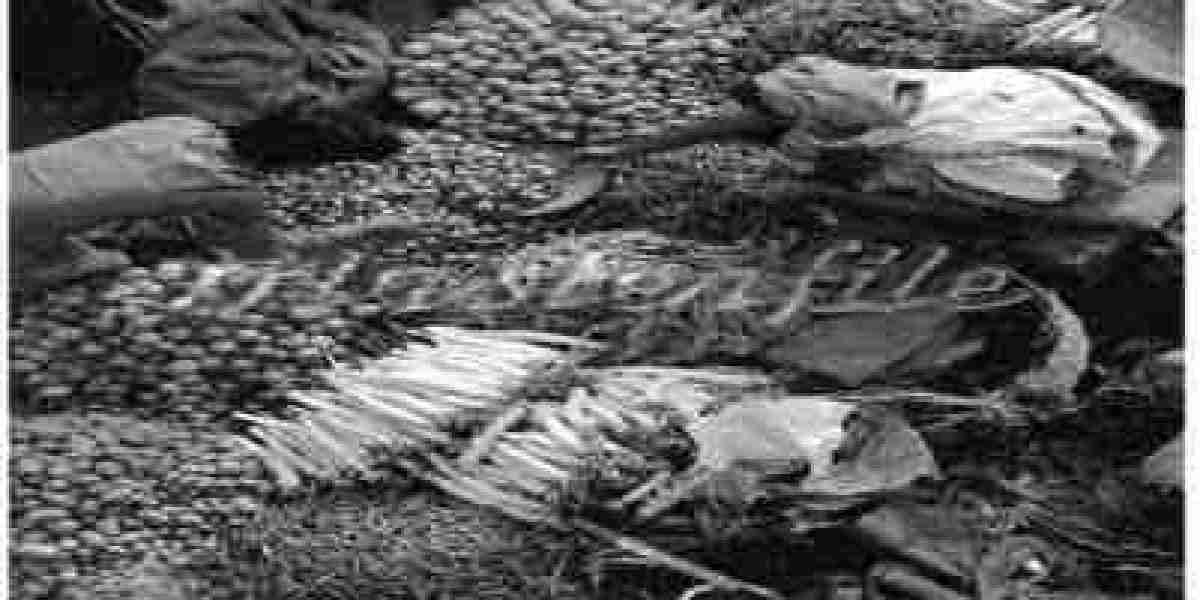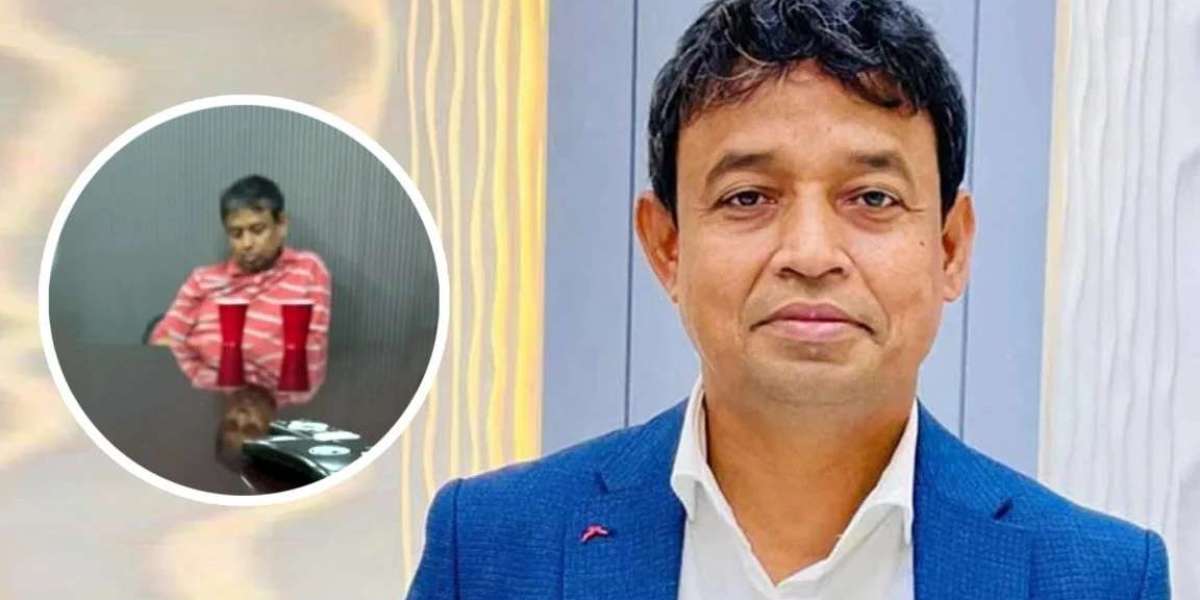Sri Lanka's new president faces five challenges
September 23, 20243 Mins Read
Jumbangla Desk: The presidential election was held after more than two years in Sri Lanka, which has collapsed economically. The country's left-wing politician Anudha Kumara Dishanayake (55) has won this election in the expectation of the people.
New
However, there are still many crises in the country, which has overcome inflation. On Monday, the newly elected Sri Lankan president faced five challenges in the Reuters report.
Economy and Prosperity: In 2022, severe shortage of foreign exchange reserves put the Sri Lankan economy in dire straits. The country's inflation stood at 70 percent. Although that crisis has been largely overcome to come down to 0.5 percent, much remains to be done. President-elect Dishanayake must ensure the economy returns to sustainable and inclusive growth. Besides, local and international markets should be brought into balance. Investors must be attracted. A quarter of the country's population of 2.2 million has to be lifted out of poverty.
IMF Program and Debt Restructuring: In June, Sri Lanka signed an agreement with Colombo, China and other creditor countries to restructure nearly $10 billion in bilateral debt. Last week, the country reached a draft agreement to restructure $12.5 billion in international bonds. Debt restructuring is crucial to reach the primary balance target of 2.3% of GDP by 2025. In this case Dishanaike can ask for changes in the bondholder agreement.
Taxation: Passing an interim budget under IMF bailout conditions is a difficult task. Dishanayake said he will discuss with the IMF to adjust their programs, reduce taxes and free up public revenue for tax relief and investment. He promised to remove VAT on certain health, education and food items. But the measures could affect fiscal deficit targets set under IMF agreements.
Jobs and Welfare: Dishanaye can make state-owned companies more profitable. He campaigned on a promise to create 20,000 new jobs in education. He also promised to expand the existing welfare schemes. But missteps in public finances, fixing loss-making state agencies and pressure on foreign exchange reserves could limit the ability to move quickly on these commitments.
Geopolitics: Another challenge facing the new president is diplomatic relations with other countries. Dishanayake expressed his intention to continue working with Colombo to balance relations with neighboring India and China and build economic ties to boost growth.
Preliminary results on Sunday showed that Dishanaye was ahead of the others but got 42.31 percent of the votes. His closest rival SJB leader Sajith Premadasa got 32.76 percent of the votes. According to the country's constitution, a candidate must get more than 50 percent of the total votes to be elected president. As a result, the counting of votes is in the second round. In Sri Lanka's electoral system, voters are given the opportunity to vote for three candidates in order of preference on a ballot paper. According to that rule, those who voted for the two leading candidates as 'second choice' candidates are counted again. He also won the next run-off vote.
Indian Prime Minister Narendra Modi, Pakistani Prime Minister Shahbaz Sharif and US State Department congratulated Dishanayek. In response to Prime Minister Modi's congratulations, the newly elected President of Sri Lanka wrote, 'Prime Minister Modi, thank you very much for your support and cooperation. I stand by your commitment to strengthen cooperation between the two countries. Our cooperation is in the interest of the citizens of the two countries and the entire region.



















































